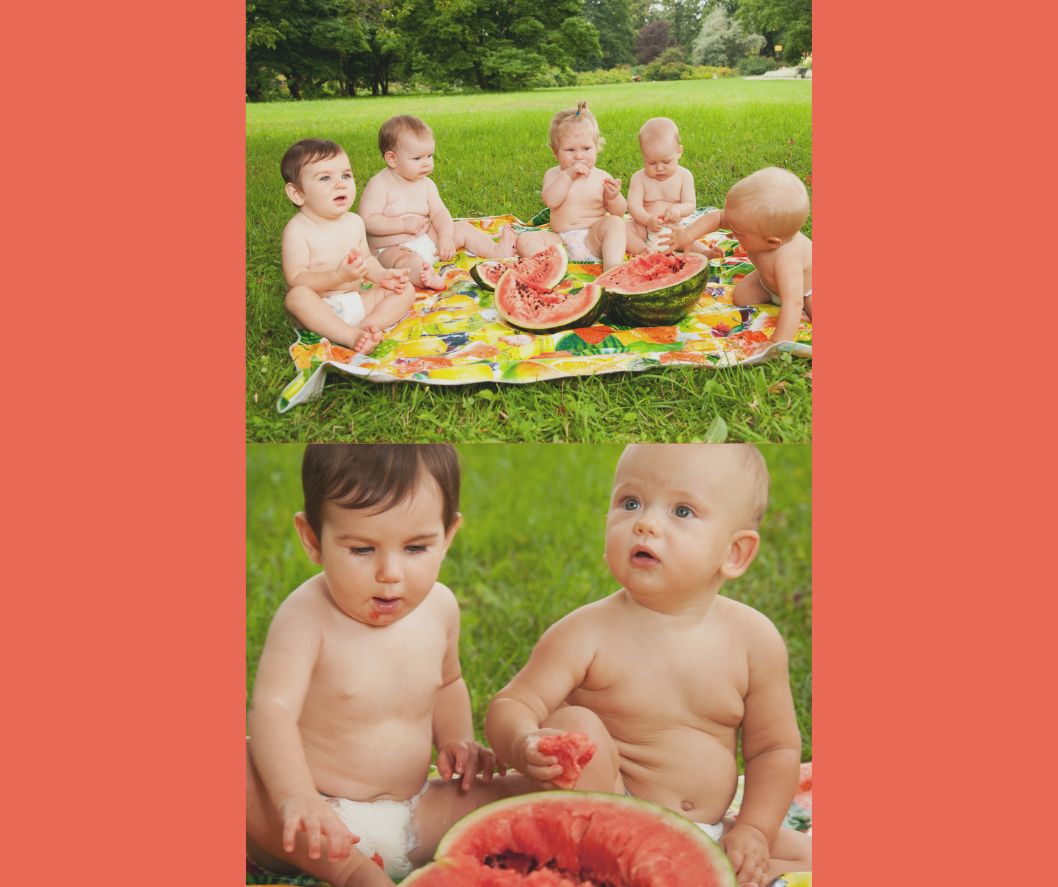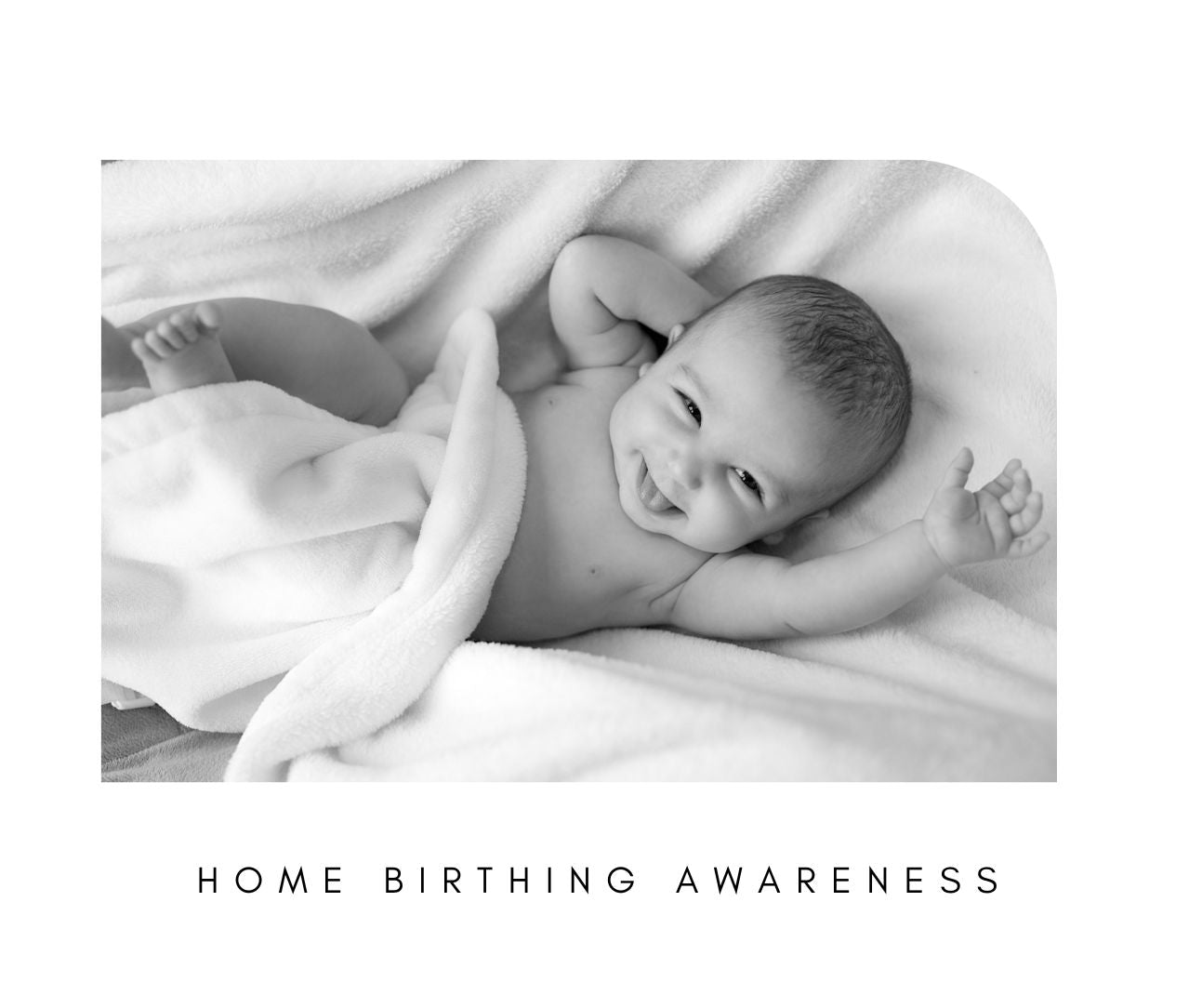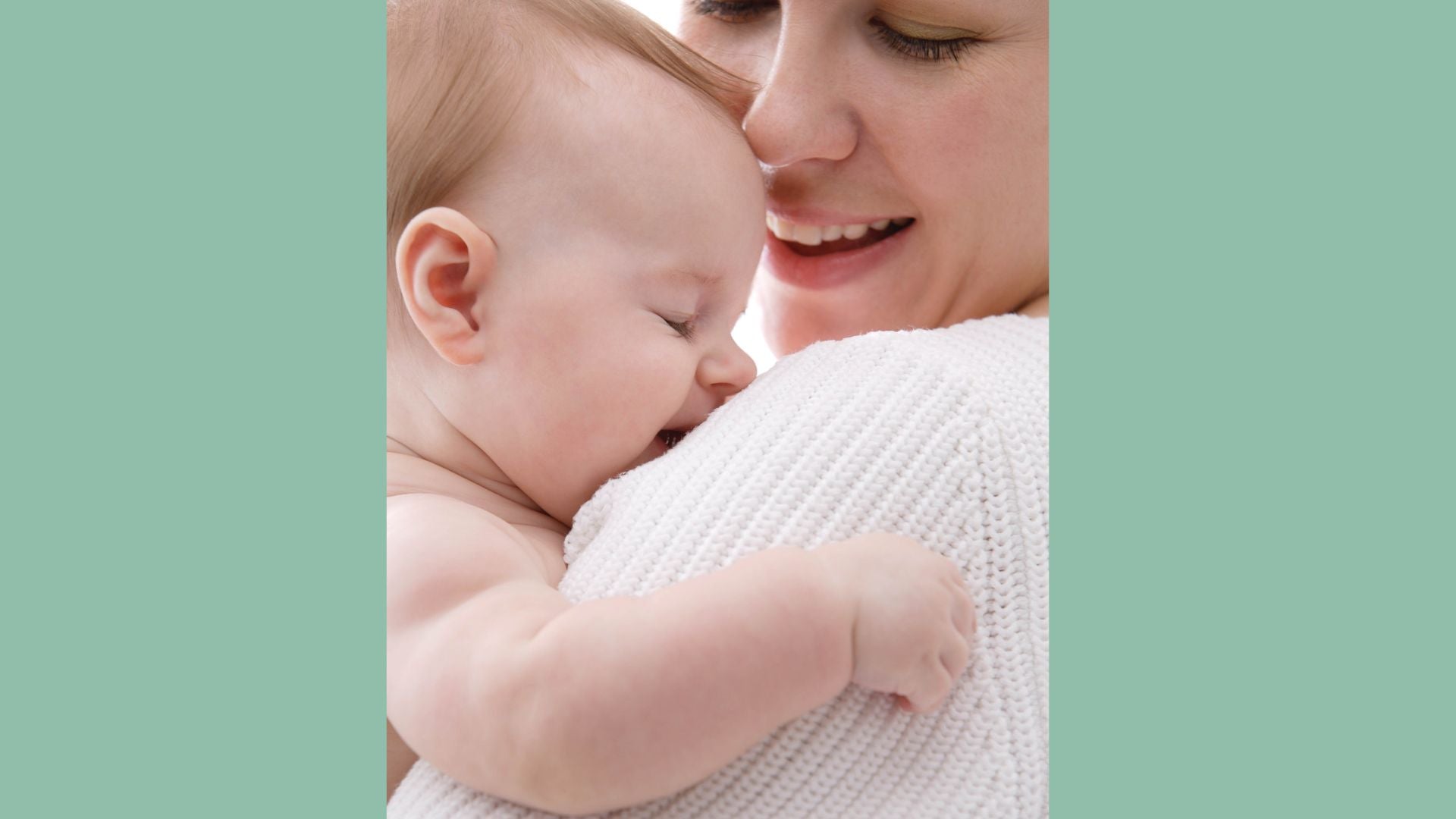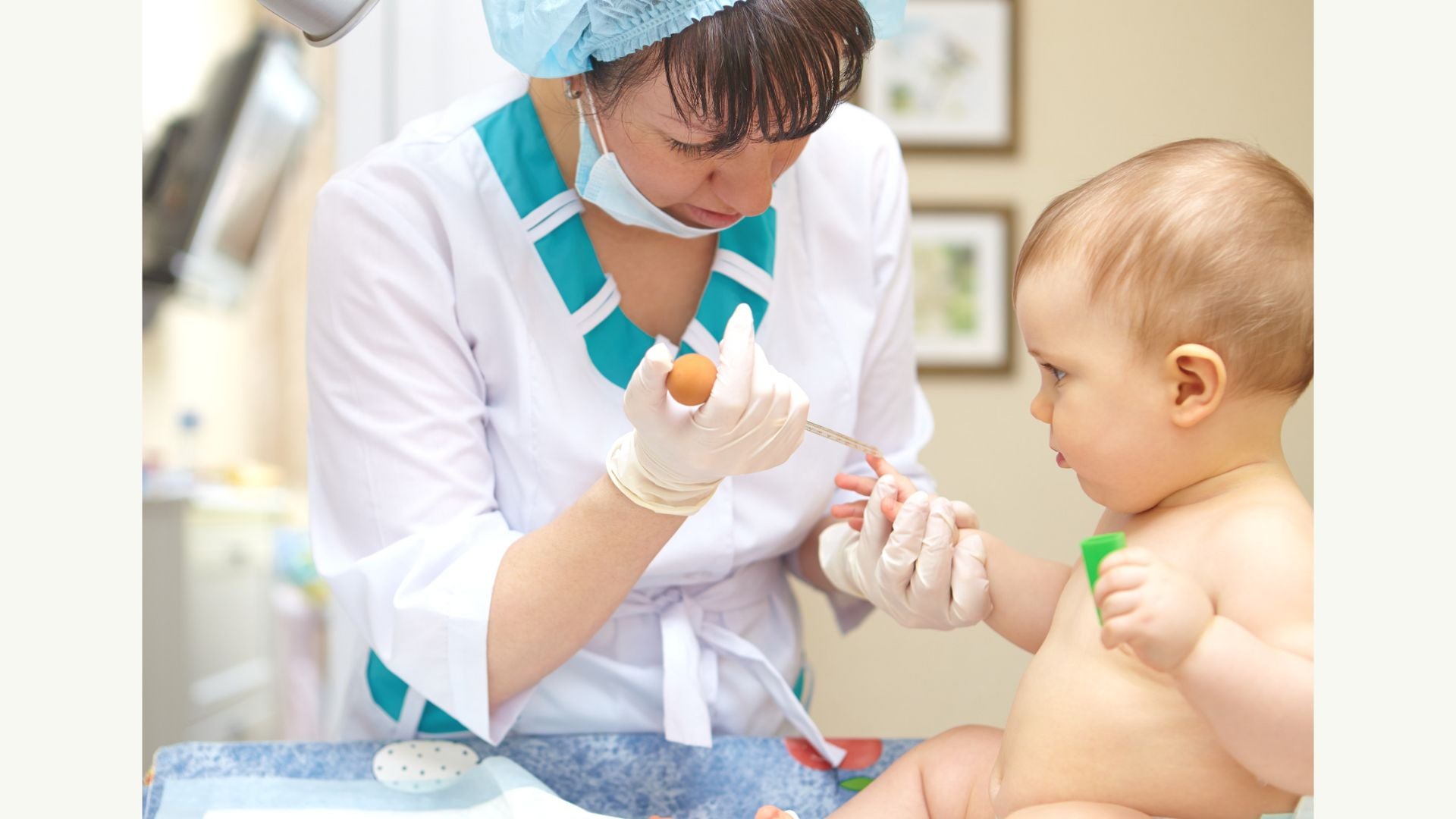The Importance of Facilitating Baby-to-Baby Socialisation

Building Tiny Friendships
As a new parent, you might often wonder if your baby needs friends. Isn't that a concept for older kids and adults? Surprisingly, baby-to-baby socialisation holds significant benefits for your little one, even in the earliest months of life. This blog post will explore why social interactions are crucial for infants, how they contribute to your baby's development, and practical ways to encourage these precious first friendships.
What is Baby-to-Baby Socialisation?
Baby-to-baby socialisation refers to the interactions between infants that help them develop essential social skills. These early interactions can include anything from cooing and smiling to sharing toys and playing alongside each other. Even if these interactions seem simple, they lay the foundation for more complex social behaviours later in life.
The Importance of Social Interaction for Babies
Social interaction is vital for a baby’s emotional and cognitive development. Through interactions with other babies, infants learn to read facial expressions, recognise emotions, and develop empathy. These experiences can boost their ability to form secure attachments and foster a sense of security.
Emotional Benefits of Baby Socialisation
When babies interact with their peers, they experience various emotions, from joy and excitement to frustration. These emotional experiences are crucial as they help babies understand and manage their own emotions. Over time, they become more adept at coping with different feelings, which is vital for emotional resilience.
Cognitive Development and Baby Socialisation
Interacting with other babies stimulates cognitive development. Activities like playing with toys, observing others, and participating in group activities can enhance problem-solving skills and creativity. Babies learn to mimic actions, which is a critical part of learning and brain development.
Language Development Through Baby Interaction
Babies are natural mimics, and interacting with other infants helps them pick up new sounds and words. Listening to peers babble and respond encourages them to practice their own vocalisations. These early "conversations" can lay the groundwork for effective communication skills later on.
Building Motor Skills with Baby Socialisation
Physical play is an integral part of baby-to-baby socialisation. Activities like crawling together, passing toys, or even gentle wrestling can improve gross and fine motor skills. These interactions encourage babies to move, explore, and develop physical coordination.
How to Encourage Baby-to-Baby Socialisation
Start by scheduling regular playdates with friends or family members who have babies around the same age. Attend local baby groups or classes where your infant can interact with peers. Providing a safe and engaging environment with a variety of toys can also stimulate social play.
The Role of Parents in Baby Socialisation
Parents play a vital role in facilitating and guiding these early interactions. Observing your baby during playdates can help you understand their social preferences and needs. Gentle encouragement and positive reinforcement can help your baby feel more comfortable and confident in social settings.
Recognising Social Cues in Babies
Understanding baby social cues is essential for fostering healthy interactions. Look for signs that your baby is ready to engage, such as making eye contact, smiling, or reaching out. Conversely, recognise when they need a break, like turning away or becoming fussy.
Handling Challenges in Baby Socialisation
It’s normal for babies to experience occasional conflicts during play. These moments can be valuable learning experiences. Guide your baby calmly through these situations, teaching them about sharing, taking turns, and expressing themselves appropriately.
Remember to always supervise and create a safe environment for your baby's socialisation experiences, as it is important to make sure you provide them with the support and guidance they need during this critical stage of development.
By Parents' Example
As a parent, you will be the first and most influential teacher your child will have, so it is important for you to consistently model positive social behaviours for your baby to imitate. This can include using polite language, showing empathy and kindness towards others, and resolving conflicts peacefully. By being a positive role model, you can help your child develop strong social skills from an early age.
Create a nurturing environment for your baby to explore and learn about the world around them through quality social interactions. By understanding their social cues and providing guidance during challenging moments, you can help your baby build strong relationships and develop into confident individuals. Remember to lead by example and always show love and support as your baby navigates the exciting world of socialisation.
Creating a Diverse Social Environment
Expose your baby to a variety of social settings and people. This diversity can help them adapt to different social dynamics and develop a broader understanding of the world. Whether it’s a small gathering at home or a larger group at a park, diverse interactions can enrich your baby’s social experiences.
Long-Term Benefits of Early Socialisation
The benefits of early socialisation extend far beyond infancy. Babies who regularly interact with their peers tend to develop better social skills, higher self-esteem, and improved academic performance as they grow. These early experiences can shape a well-adjusted and socially competent individual.
Making Socialisation Fun and Stress-Free
Ensure that social interactions are enjoyable for your baby. Keep playdates short and sweet to avoid overwhelming them. Follow your baby’s lead and allow them to explore social interactions at their own pace. Creating positive experiences now can foster a lifelong love for social connections.
Additional Tips for Babies Socialising with Babies
- Start early: Even from birth, babies are capable of interacting and learning from the people around them. Encourage interactions with family members, close friends, and other trusted adults that will set good examples for them to apply to their own interactions.
- Be mindful of your own emotions: Babies are sensitive to their parents' moods and reactions, so make sure you are in a positive and calm state when engaging in social activities with your baby.
- Use positive reinforcement: When your baby shows positive social behaviour, be sure to praise and acknowledge
Conclusion
Baby-to-baby socialisation is an essential aspect of your infant's overall development. Keep nurturing those early friendships and enjoy watching your little one blossom into a social butterfly! Cherish these precious moments and milestones as your baby continues to grow and develop into their own unique individual. By facilitating these early interactions, you’re helping your baby build emotional, cognitive, and social skills that will benefit them throughout their life. So keep encouraging those baby-to-baby interactions – they are essential for your little one's growth and development! Keep observing, learning, and adapting to your baby's unique needs as they discover the world around them. Start small, be patient, and enjoy watching your baby make their first tiny friendships.
For more personalised tips and support on baby socialisation, consider booking a session with a child development expert. Happy parenting!
~ jinki.com




